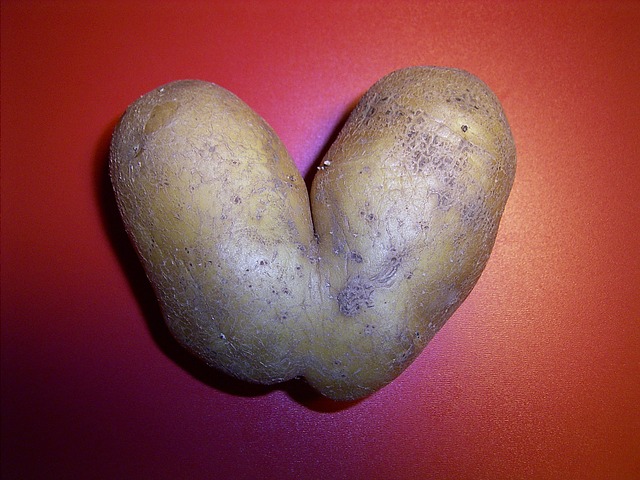NBA All-Star Kevin Durant has made an undisclosed investment in Imperfect Produce, a startup working to mitigate food waste by generating and fostering a market for cosmetically imperfect fruit and vegetables.
Founded in August 2015 by Ben Simon and Ben Chesler, Imperfect Produce sources “ugly” produce from farms and delivers it directly to customers at a discount of approximately 30 percent below supermarket prices.
Currently operating in 11 U.S. cities in the U.S. West Coast, Midwest, Pacific Northwest, and Southwest regions, Imperfect Produce allows for customers to choose the size of box they want delivered, the type, and frequency of the delivery, and exactly what fruit or vegetable items they would want included. This produce, which is equally as nutritious and fresh as its perfectly-looking counterparts, is sourced directly from farms where it otherwise would have been discarded.
Coinciding with the backing from this investment from Durant’s Thirty Five Ventures, Imperfect Produce announced a strategic plan for the expansion of its operations to the U.S. East Coast. As part of the plan, a new distribution center in Baltimore, Maryland, will give the company the scale needed to transform into a nationwide e-commerce player. Plans also include further expansion into Washington D.C. in 2019, and then to all key cities along the East Coast in the years following.
“We’re incredibly honored to welcome one of the most prominent figures in sports and entrepreneurship as we begin our nationwide expansion,” said Ben Simon, CEO and co-founder of Imperfect. “With this new support, we will continue to reduce food waste nationwide while giving more people access to affordable, fresh, high-quality fruits and vegetables.”
Waste Not
Up to 40 percent of food produced, processed, and transported in the U.S. ends up never being eaten, according to Feeding America, and more food finds its way to landfills and incinerators than any other type of municipal solid waste. This loss represents a fiduciary hit of $218 billion to U.S. farmers, businesses, and consumers each year, according to ReFED, which also found that 20 billion pounds of food is lost at the farm level each year. Of this loss, the Natural Resource Defense Council estimates that between 10 and 30 percent is discarded due to its appearance.
Solving issues associated with agricultural and food waste is becoming a more common theme among agtech and food tech startups and their investors, not only in the U.S., but in global markets, as the stakes of not doing so become increasingly critical.
Recently, in August of this year, Swedish investment firm Kinnevik led a $12 million Series A for Karma, a tech company working to reduce food waste across Europe.
Working within a similar business model as Imperfect, Karma was founded in 2016 as a virtual marketplace that allows restaurants and food retailers to sell unsold food at a discount direct to consumers, who come pick up the food on-site.
To date, Karma has helped 1,500 restaurants, grocery stores, hotels, cafes, and bakeries sell leftover food to 350,000 users of the Karma app. Since its launch in Sweden, the company has partnered with some of the country’s largest supermarkets, top-tier restaurants, and well-known brands including Sodexo, Radisson, and Scandic Hotels.
That same month, Full Harvest, an agtech platform providing a new food supply chain model to mitigate waste through a B2B marketplace providing end-to-end logistics solutions for surplus and imperfect food, announced it closed on $8.5 million in funding led by Spark Capital.
More recently, earlier this month, Boston-based Spoiler Alert, a tech platform that aids large-scale food manufacturers and wholesale distributors manage and control unsold inventory, announced it secured a strategic investment from international logistics company Maersk.
-Lynda Kiernan

